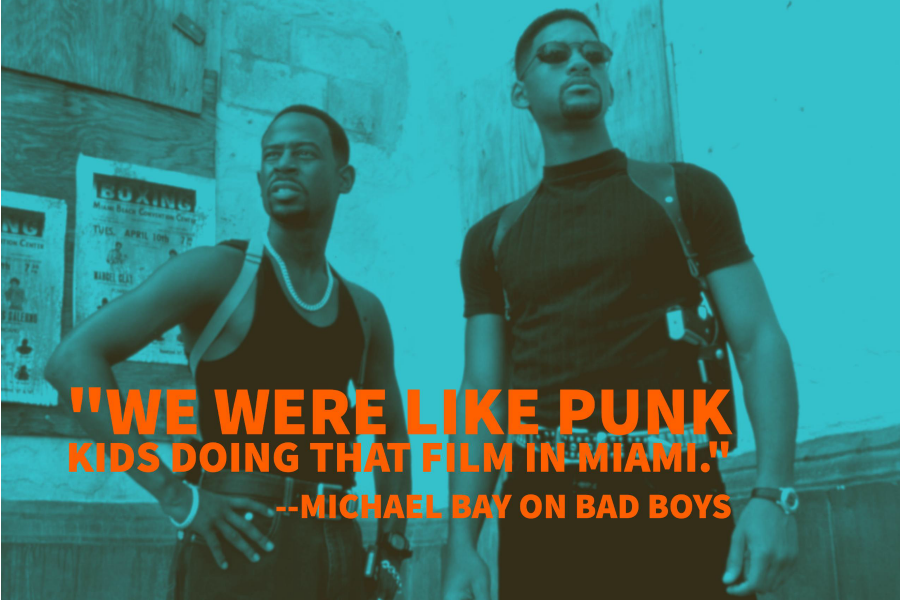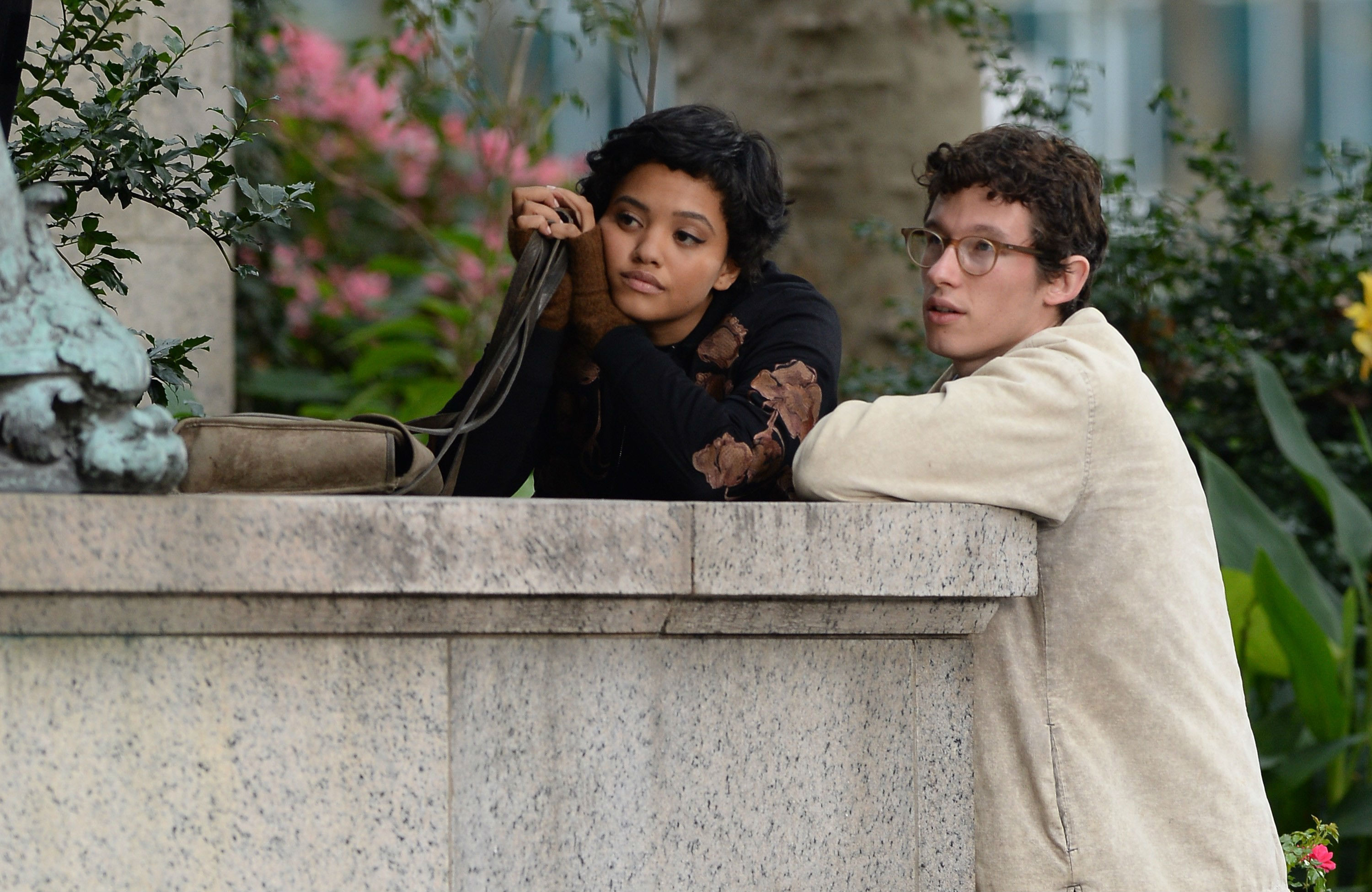KELLY MCEVERS, HOST:
Jermichael Finley was a tight end for the Green Bay Packers for six seasons, played 70 games, caught 223 receptions, scored 20 touchdowns. He also got five concussions. And then Finley took a hit to the crown of his helmet during his final game in 2013. He suffered a bruised spinal cord and eventually retired at age 28.
Jermichael Finley wrote about all this in a recent article in The Players’ Tribune. He’s with us from member station KERA in Dallas. Welcome to the show.
JERMICHAEL FINLEY: Hey. How are you?
MCEVERS: I’m good. Thanks. Can you tell us about that game in 2013 when you took that hit? What do you remember happened?
FINLEY: What I do remember – before I even caught the ball, I faced the guy up. I took the slant route, caught the ball, lowered my head. And when I lowered my head, he jammed my head, and it kind of, like, jammed my spinal cord. So instantaneously I, like, froze up. When you get a spinal cord concussion, your head – it just, like, flops back and forth. And it felt like a hundred bees was on me, stinging me. So it was a crazy, crazy experience.
MCEVERS: Wow. They put you on a stretcher, and they took you to the hospital. But they took you the back way.
FINLEY: Yes. When I was on that ride to the hospital, they were saying the media is on the main floor, so we got to take you to through the basement – and then went through the basement. As I start waking up from getting knocked out, I started looking around, and everything was, like, half-painted. It was freezing cold. And I’m like, man, where am I? And they was like, we had to take you through the morgue. And I’m like, am I dead?
MCEVERS: Somebody had to say, like, no, you’re not dead.
FINLEY: Yeah, no, you’re not dead. Just sit back, and relax.
MCEVERS: So what was your injury exactly?
FINLEY: My injury was C3, C4 vertebrate. At the time, they had to widen my narrow canal because that’s what – it squeezed down on my spinal cord, so I couldn’t breathe or do none of that, so I just blacked out.
MCEVERS: But after a time, you wanted to go back and play – right? – after this injury.
FINLEY: I did. I did.
MCEVERS: Yeah, why? I mean, you know, I think somebody’s listening to this would think, like, you get hurt that badly, like, why would you want to go back for more?
FINLEY: It’s that high – running out the tunnel with a hundred thousand people screaming at you, you know, I mean the fame, the fortune of course. And you get lost in that. And that’s what I’m trying to let guys know. You know, I mean it’s a fantasy world, and it’s temporary, so you got to take care of yourself also.
MCEVERS: You talk about getting your bell rung on the field, like, when you get hit. What does it feel like when you get your bell rung?
FINLEY: That’s a good question ’cause when I get my bell rung, I’m just out of it.
MCEVERS: Yeah.
FINLEY: It feels like you’re going blind. You can’t really hear anything. I had got my bell rung week three of the same year that I got injured. I was stumbling off the field, and the only way I can find the sideline that my team was on is that we had the bright-yellow pants on. So I couldn’t hear. You can’t talk. And I think the fans on TV – you can tell when a guy get his bell rung ’cause you get that oh, that ah. You’re off balance. It’s a train wreck every time you collide into an opponent.
MCEVERS: And that’s just normal. Like, I mean how many times…
FINLEY: Yes.
MCEVERS: …Would you say that you, like, got your bell rung?
FINLEY: I would say once a game, if you want to be real.
MCEVERS: So you were not cleared by doctors to play again. You had to retire after this injury in 2013. But you actually had a clause in your contract that set you up financially. Can you tell me about that?
FINLEY: It was 10 million bucks tax-free. It was an insurance policy through Lloyd’s of London to set myself up. And so happened, 2013, I had got the career-ending injury. And after that, I had collected on that insurance policy.
MCEVERS: How common is that now in the game for people to have a policy like that?
FINLEY: It’s not common at all. Some guys don’t want to fork over a half million dollars for a $10 million deal. You know what I mean?
MCEVERS: Yeah.
FINLEY: But at the end of the day, you’re protecting yourself.
MCEVERS: It just seems so – I don’t know – just so cynical to me. Like, it’s almost like there’s an understanding that this is very likely to happen, right?
FINLEY: Most definitely. And when you come in the NFL, you come into that orientation as a rookie or whatnot. They got it for you highlighted. There’s 99 percent chance you’re going to get injured in this game.
MCEVERS: They say that.
FINLEY: Yeah. They’ll let you know that. The matter’s not that you’re going to get injured. It’s when you’re going to get injured. So everyone plays this game. You’re going to get some type of injury that’s going to, in my opinion, haunt you for the rest of your life.
MCEVERS: So you retired, and then after that, you started feeling bad. What was happening?
FINLEY: Irritability. I really couldn’t stand much – impulsiveness, addictions, just being honest. I was dealing with all types of things around the board.
MCEVERS: And your wife eventually encouraged you to go to a clinic that deals with brain injuries, right?
FINLEY: Yes, Ma’am.
MCEVERS: What are your symptoms now?
FINLEY: My symptoms now – it’s minor to what it used to be – but forgetting things (laughter). You know, I mean if I’m out or having a conversation with someone, I may tend to kind of have to think a little bit more. But I feel a ton better, most definitely.
MCEVERS: ‘Cause you’re 30 years old. Is that right?
FINLEY: Yes, Ma’am.
MCEVERS: What is it like to know that you will live with this your whole life?
FINLEY: It probably come across my mind probably once a day. It’s disturbing, but at the end of the day, I know how to hone myself back in and realize that I chose the game. I chose to play this game as a kid and carry on with it. So that’s the things that I have to deal with.
MCEVERS: You’ve been critical of the NFL for, you know…
FINLEY: (Laughter).
MCEVERS: …Encouraging this get-back-on-the-field attitude that, you know…
FINLEY: Yeah.
MCEVERS: …Where players, you know, downplay their injuries so they can keep playing like you wanted to. Do you think the NFL is doing enough?
FINLEY: I don’t. My thing is – here, and not to throw the NFL under the bus, but I don’t think they’re doing their wholeheartedly best at helping players realize that after the game, it’s going to be a struggle from all of the damage and the scars that’s on their brain. I don’t think they educate guys around that good enough. If I can go back and do this thing all over, I would have baseline tests every single year, twice a year. You know what I mean? I would check my brain a lot more than I did.
MCEVERS: You now coach football for kids, including your own kids.
FINLEY: Yes, Ma’am, yeah.
MCEVERS: And I just think anyone listening to your story would want to know why? Like, why encourage kids to get into a sport that you know can be so dangerous?
FINLEY: So I – with my son, I want to be hands-on with him. I want to show him how to play the game correctly, fair, not just go knock this guy out. You know what I mean? Play the game, and just educate yourself around it.
MCEVERS: Do you still watch NFL games on TV?
FINLEY: I do. The year after I got hurt, I hated it. But now I’m pretty comfortable. The thing is, I cringe when guys get hit now.
MCEVERS: Right.
FINLEY: I just cringe up because I know how damaging it is in the long run.
MCEVERS: Well, Jermichael Finley, thank you so much for your time and for telling your story.
FINLEY: Yes, Ma’am. Thank you guys also.
(SOUNDBITE OF EXPLOSIONS IN THE SKY’S “TO WEST TEXAS”)
Copyright © 2017 NPR. All rights reserved. Visit our website terms of use and permissions pages at www.npr.org for further information.
NPR transcripts are created on a rush deadline by Verb8tm, Inc., an NPR contractor, and produced using a proprietary transcription process developed with NPR. This text may not be in its final form and may be updated or revised in the future. Accuracy and availability may vary. The authoritative record of NPR’s programming is the audio record.











